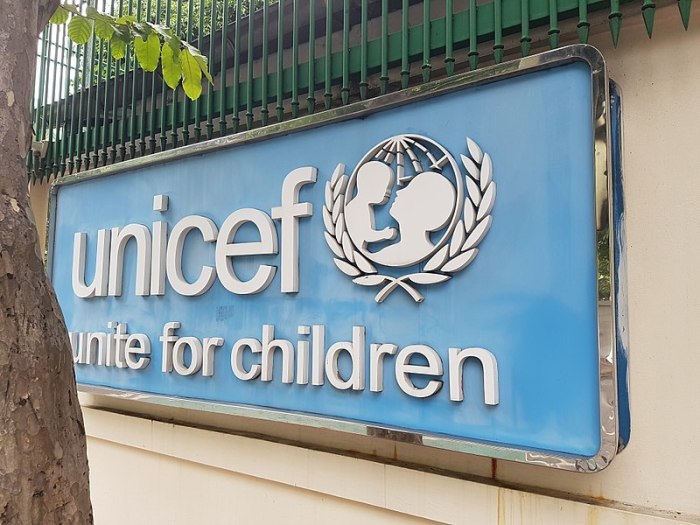UNICEF removes report accused of downplaying harm of porn on kids

The United Nations International Children’s Emergency Fund has recently removed a controversial paper which critics claimed downplayed the harm of pornography on children.
In April, UNICEF published a report titled “Digital Age Assurance Tools and Children’s Rights Online Across the Globe,” which covered topics related to children's rights and internet access.
The UNICEF report, which garnered broad outrage from many who claimed that it minimized the dangers of children viewing pornography, disappeared from the group’s website by late May.
The National Center on Sexual Exploitation, which campaigned against the report, announced on Tuesday that a UNICEF spokesperson had confirmed the report's removal.
“We are thankful to UNICEF for responding to international concern and clarifying their position that pornography harms children,” NCOSE Vice President Haley McNamara said in a statement.
“The research is clear that children exposed to hardcore pornography are at greater risk for social and psychological development problems, including negative impacts on mental health and increased risk of child-on-child harmful sexual behavior.”
The Christian Post reached out to UNICEF for a response. A spokesperson shared a link to a statement in which the organization clarifies that it recognizes that pornography "can be extremely harmful to children."
"It can lead to poor mental health, sexism and objectification, sexual aggression and other negative outcomes," stated UNICEF, adding that it is "alarmed by the massive quantity of pornographic content available online and easily accessible to children."
"UNICEF urges governments, the tech industry, schools, parents and communities to do everything in their power to protect children from all harmful content."
The report had drawn considerable backlash, including a letter of complaint signed by nearly 500 child safety experts from 26 different nations denouncing what they called the “harmful inaccuracies regarding the impact of pornography to children.”
“This document provided many useful insights regarding the intersection of children’s rights, business and the Internet and commendably provides references to evidence and reports to substantiate statements and claims,” stated the letter.
“However, the report as originally posted failed to provide any evidence to support its claim that ‘there is no consensus on the degree to which pornography is harmful to children.’”
The letter cites and quotes several studies on the negative impacts of pornography on young people, including links to sexual violence and damage to the part of the brain responsible for decision-making.
“Pornography teaches inaccuracies about sex to young viewers. Research has shown that exposure to pornography helps to sustain young people’s adherence to sexist, unhealthy perceptions of sex and relationships,” they continued.
“Exposure to pornography early in adolescence can predict early sexual debut, unsafe sex, and multiple sexual partners in later adolescence.”
Snopes, the left-leaning fact-check website, defended the UNICEF report, arguing that the worst of claims against the UNICEF report inaccurate.
A UNICEF spokesperson told Snopes that the paper was taken down "because it was being misrepresented in a way that didn’t reflect UNICEF’s position."
“The paper didn’t claim that blocking children from accessing porn violates their human rights, nor did it say that exposure to it may not always be harmful,” wrote Bethania Palma of Snopes.
“The paper instead noted that some countries render access to porn illegal for all age groups, while various countries have differing standards for what they define as porn. As a result, some educational materials dealing with sensitive topics like sexuality might be defined as ‘porn’ by some governments.”
Palma argued that the paper “didn’t state that viewing porn doesn’t harm children" and cited a portion of the UNICEF report that stated that “the evidence is inconsistent, and there is currently no universal agreement on the nature and extent of the harm caused to children by viewing content classified as pornography.”















![[Ready to PUB] Christian psychologist: Kids must develop 'resilience' to fulfill God's purpose for them](https://cdn.christianpost.com/images/cache/thumbnail/25/92/259219_a_300_200_658_146.jpg)











